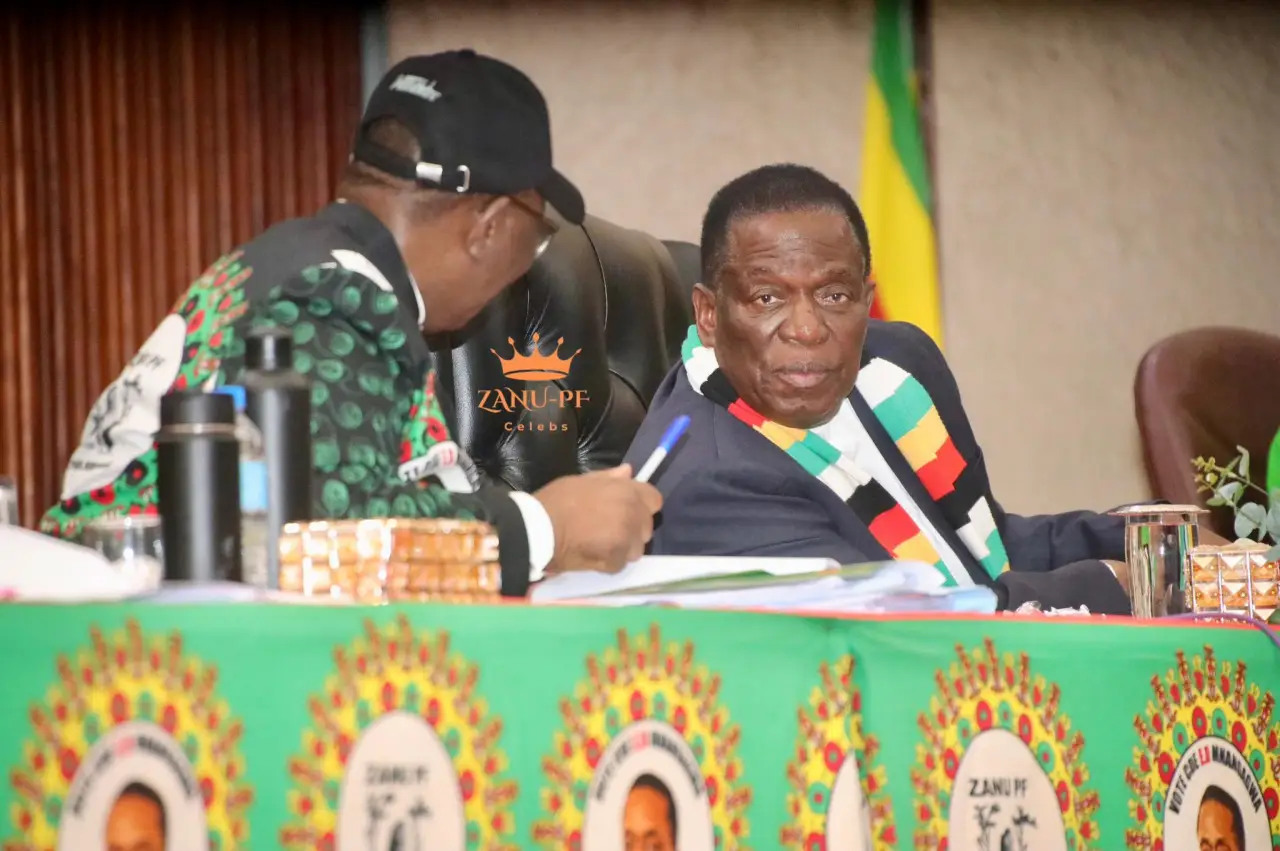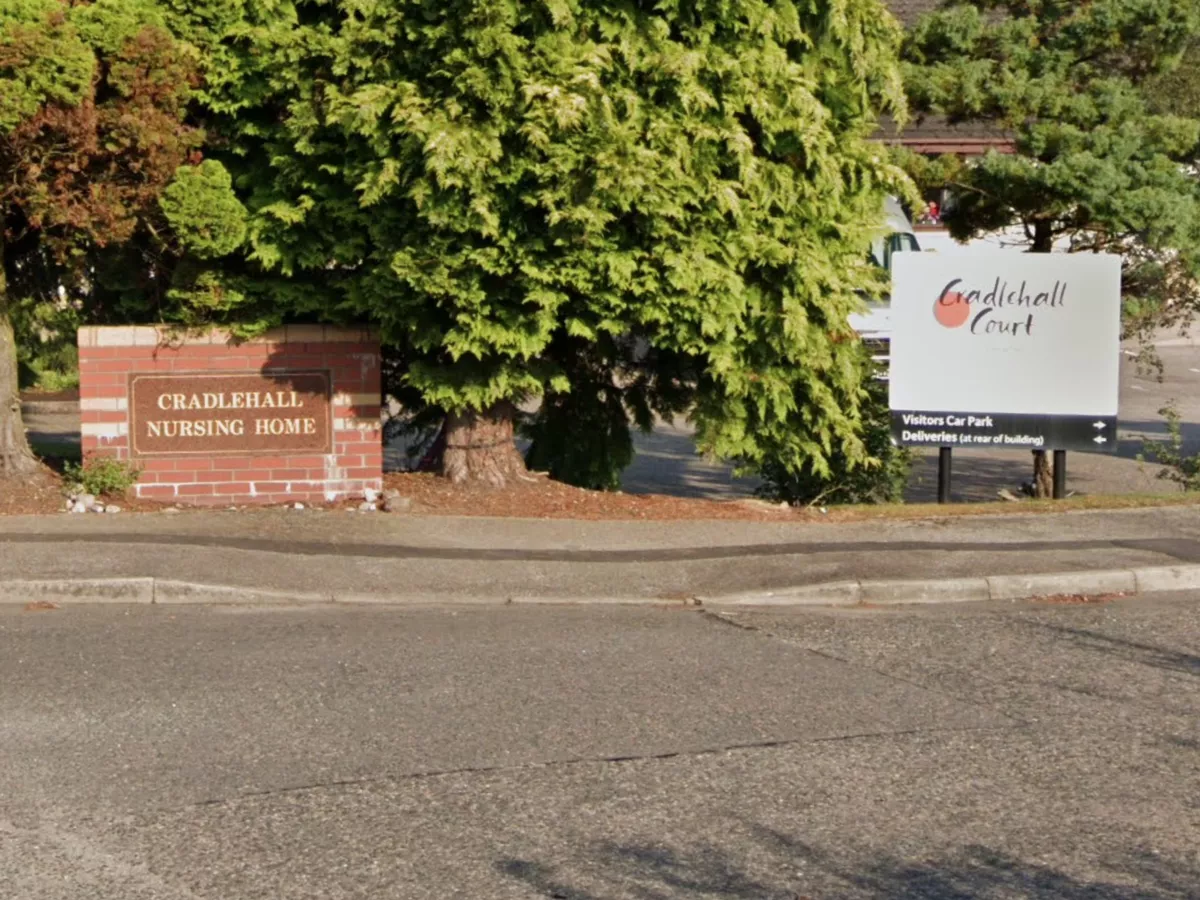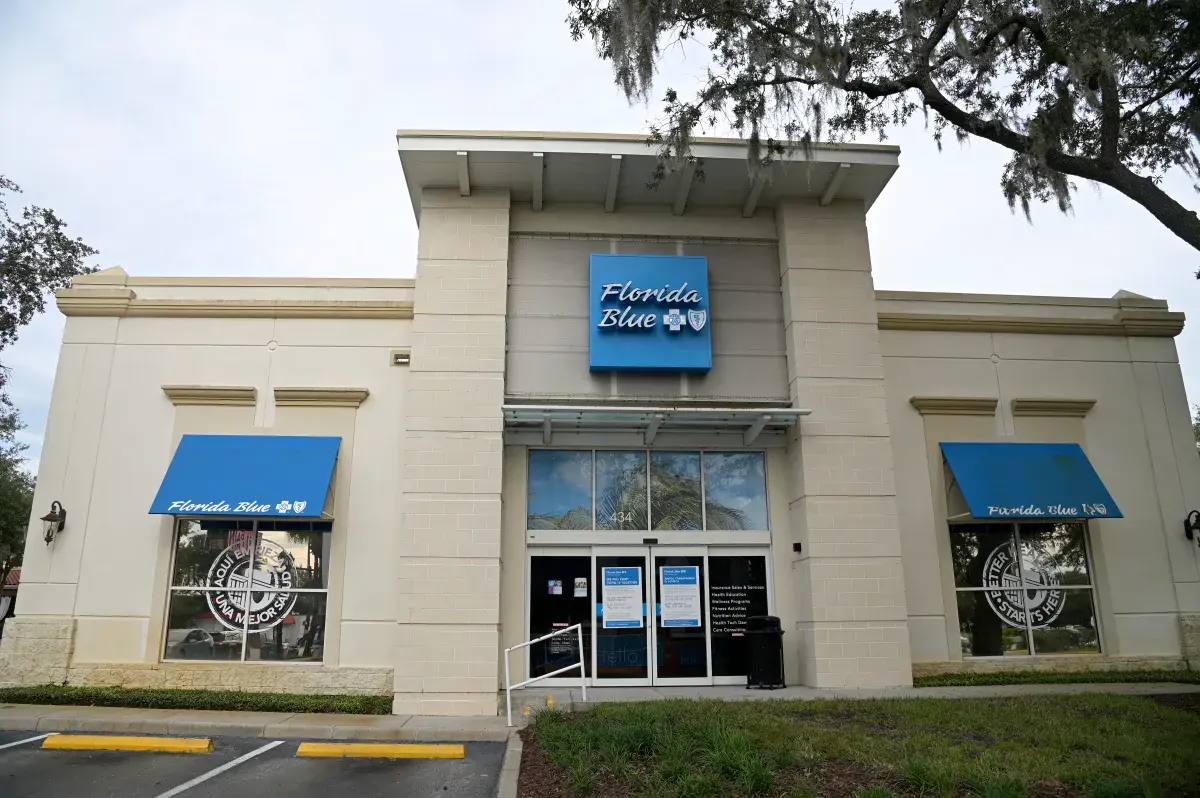Copyright zimeye

By A Correspondent-Vice President Constantino Chiwenga last week missed the State of the Nation Address delivered by President Emmerson Mnangagwa after he had left for South Africa for a medical check-up. Government sources said Chiwenga had a doctor’s appointment in South Africa on the day of the address. This was also confirmed by Presidential spokesperson George Charamba to a local online portal. At 69 years old, Chiwenga’s absence from the opening of the third session of the tenth Parliament was conspicuous. Vice President Kembo Mohadi attended in his place. In a terse response to a ZimLive inquiry, presidential spokesman George Charamba stated: “The vice-president had a medical review in South Africa.” Chiwenga is believed to have since returned to Zimbabwe. His last public engagement was on 25 October, when he attended the 75th-anniversary celebrations of St Luke’s Mission and St Luke’s Mission Hospital in Lupane (Matabeleland North), following a tour of development projects in Matabeleland South. His absence at such a key national event has sparked speculation about internal manoeuvring within the ruling party, ZANU‑PF. Reportedly, allies of Mnangagwa—including influential businessman Kudakwashe Tagwirei—are said to be manoeuvring to sideline Chiwenga from the party and government, effectively eliminating him from the succession contest. Meanwhile, Chiwenga is believed to be resisting efforts to extend Mnangagwa’s presidency beyond 2028, when his second and final term is due to end under the 2013 constitution—an issue that has placed him at odds with powerful loyalists who privately harbour ambitions of their own. Mnangagwa came to power in November 2017, following the removal of long‐time leader Robert Mugabe. Chiwenga—then commander of the Zimbabwe Defence Forces—played a decisive role in the transition, making him a central figure in the new administration. (He was appointed Vice President shortly afterwards.) Over the years, a succession contest has simmered within ZANU-PF. Mnangagwa has stressed constitutional limits—two five-year terms ending in 2028—but internal signals suggest efforts to extend his stay or pick a loyal successor are ongoing. Analysts note that the contest is not simply about time in office, but about securing patronage networks, control of the party apparatus, and future access to state resources. Chiwenga, as a former military chief and long-standing figure in the liberation war generation, has been widely viewed as a potential successor. At the same time, his presence also threatens other power centres within ZANU-PF that favour alternative successors or narrower patronage networks linked to Mnangagwa’s inner circle. Conflicts over corruption, control of tenders, and influence in the security sector further deepen the fault lines. In early 2025, reports pointed to a growing rift between Chiwenga and Mnangagwa’s allies, especially after Chiwenga publicly criticised “tenderpreneurs” and implied that the Vision 2030 agenda must be inclusive and not monopolised by party elites. Such remarks were widely seen as signalling his disapproval of how power was being exercised and how succession plans were being manipulated. Chiwenga’s health has been a subject of public and political concern for several years. In February 2019 he was treated in India for an unspecified ailment, and the government acknowledged he “was not feeling well”. On that occasion, he was described as having swollen hands and discoloured skin patches. By November 2019, he had spent four months in China for medical treatment, after prior treatment spells in South Africa and India. These prolonged absences and opaque explanations fuelled speculation about his fitness for office—especially given his prominent role in succession politics. More recently, in 2023 a court heard evidence that Chiwenga was unconscious when hospitalised in July 2019 in South Africa, and that his doctor had been “furious” when he was flown out of the country. While the exact details of his condition remain undisclosed, it is clear his health remains fragile and politically sensitive. Given the combination of ill‐health and high‐stakes internal party dynamics, Chiwenga’s absence from major events—such as the SONA—at a time of intensified succession manoeuvring magnifies public speculation about his status and future within the party. Chiwenga’s non-attendance at the SONA may reflect more than a routine medical appointment. In the current context, it underscores three inter-linked dynamics: A Power Vacuum or Symbolic Weakening: His absence gives Mnangagwa’s camp space to advance its agenda—whether by repositioning allies or signalling that Chiwenga is currently sidelined. Health as Political Leverage: His medical issues may reduce his capacity to project influence, attend major events, or mobilise networks—weakening his claim in the succession race. Succession Tensions Coming to a Head: As moves to extend Mnangagwa’s term or manipulate successor selection gain momentum, each signal counts. Chiwenga’s absence may be just such a signal—to supporters and rivals alike—about shifting fault lines.



